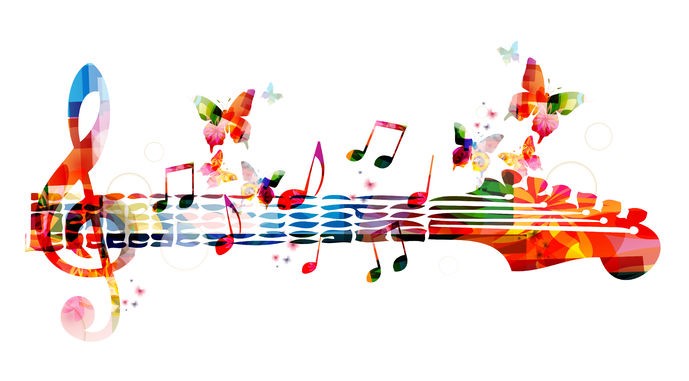LifeShare Technologies has created a communication system that adds internet connectivity and digital functionality to ordinary TVs. With a simplified remote, users can easily access an extensive playlist from a variety of music categories.
By Pam McDonald
“Music,” says Steve Rusche, Co-founder and CEO of LifeShare Technologies, a Senior Housing Forum partner, “is fun . . . it’s life. It’s an easy way to lift one’s spirit and ease frustration, or to be carried away in pleasurable sensations.
“There are so many ways music can enhance life for seniors that we choose to partner with Coro Health and included its music and faith programming as an integral component of our technology.”
LifeShare Technologies has created a communication system that adds internet connectivity and digital functionality to ordinary TVs. With a simplified remote, users can easily access an extensive playlist from a variety of music categories, and individually or in groups users can enjoy music-based games.
Senior communities can program selected therapeutic music to promote specific outcomes at certain times of the day. “Dining playlists during dinner can enhance residents enjoyment of their meal as well as give them an opportunity to connect,” Steve says. “Faster, more upbeat music in the activities room can chase away after-lunch doldrums for both residents and the staff.”
Staff and residents can choose from over 1500 therapeutic music programs of all styles and genres that are divided into libraries that include supportive music for individuals as well as programs designed to reinforce and accentuate specific activities, environments, and support mental well-being.
The Importance of Music
Music profoundly effects listeners and has been an important part of every human culture throughout time. How music works in the brain is something scientists are still trying to figure out. But, there are measurable changes in certain neurotransmitters from listening to music.
The neurotransmitter dopamine, which is an integral part of the pleasure-reward system, increases. It is the same feel-good brain chemical associated with eating chocolate or a runner’s high.
Playing music with others or being part of an audience for a live musical performance stimulates the brain hormone oxytocin, which has been called the “trust or moral molecule” because it helps us bond with others. There’s evidence that the shot of oxytocin experienced by music lovers can make them more generous and trustworthy.
Music improves mood, concentration, and motivation, and also decreases anxiety, anger, and stress. Coro’s team of music therapists, neuroscientists and music designers has made easy work of selecting music to meet nearly every taste and support people of all ages facing life challenges.
Specifically, music therapy has proven useful for people with autism, Alzheimer’s and other dementia, chronic pain, depression, emotional trauma, and a variety of other disorders. It can enhance individual’s lives and even reduce the need for pharmacological intervention.
The Benefits of Music Therapy
Research in music therapy shows clinical and evidence-based effectiveness for promoting wellness, managing stress, alleviating pain, enhancing memory, improving communication, and providing unique opportunities for interaction.
It can also facilitate movement and overall physical rehabilitation, increase motivation to engage in treatment, provide emotional support for seniors and their families, and create an outlet for expression of feelings.
The American Music Therapy Association (AMTA) has promoted much of the research into the benefits of music therapy for persons with Alzheimer’s disease and other dementia. Their research has found the following:
-
Music therapy reduces depression among older adults
-
Experiences with music can be structured to enhance social/emotional skills, to assist in recall and language skills, and to decrease problem behaviors
-
Tasks related to music can be used to assess cognitive ability in people with Alzheimer’s disease
-
Music can decrease the frequency of agitated and aggressive behaviors
-
Even in the late stages of dementia, Individuals respond to and interact with music
Not only does LifeShare Technologies provide a simple and hassle-free way for seniors to stay connected to family and friends, and for senior communities to effectively communicate with residents, it also is a cost-effective way to maximize the health and wellness benefits of music.
If you are interested in learning more about LifeShare Technologies,
call (317) 825-0320 or click on the logo button below to visit their website:Click on the button below to download a PDF copy of this article:









